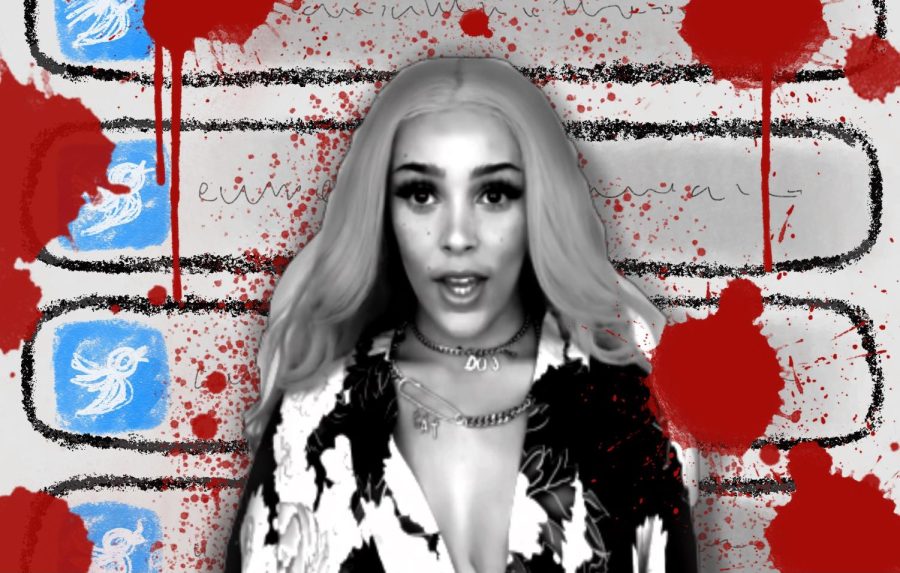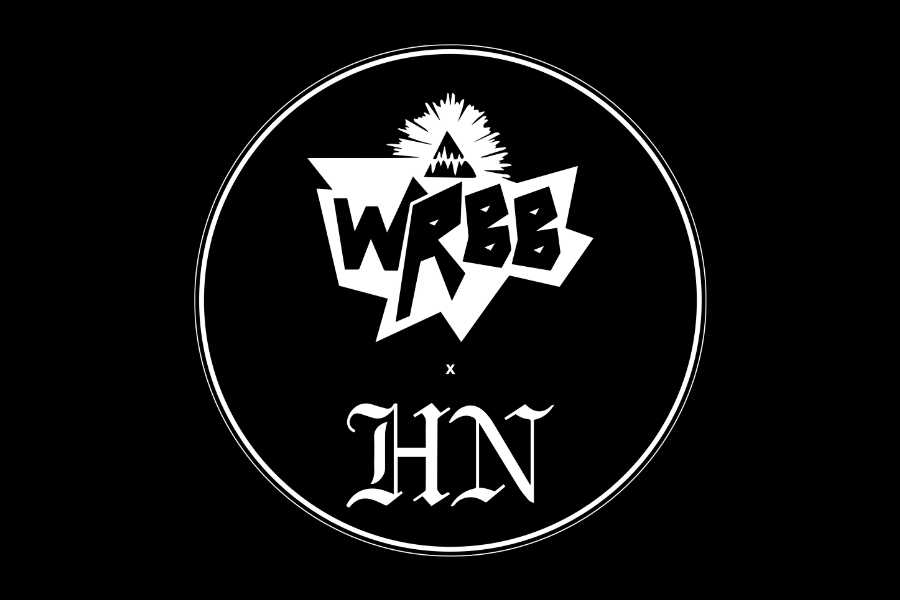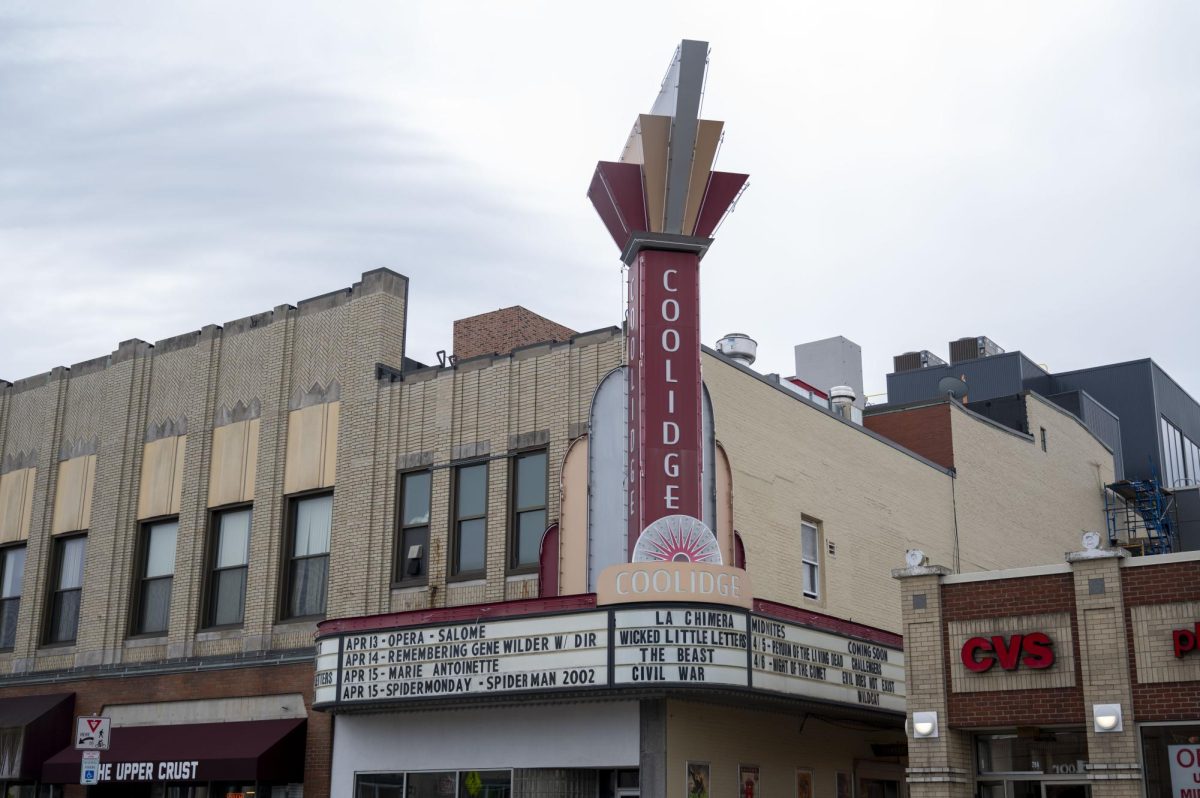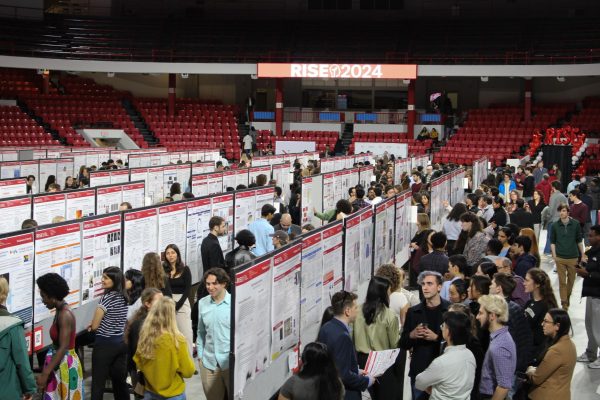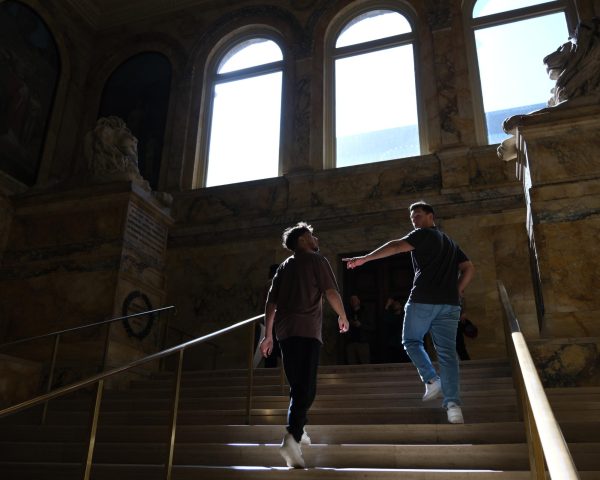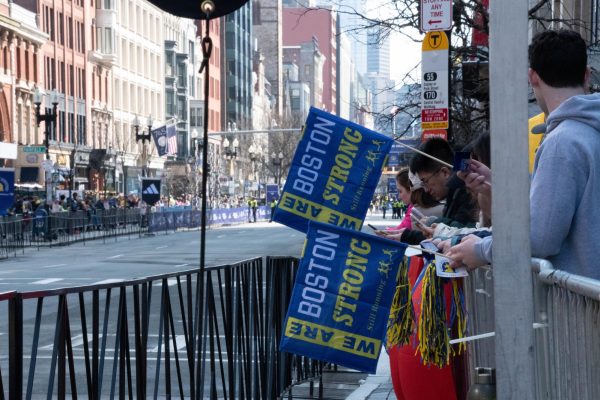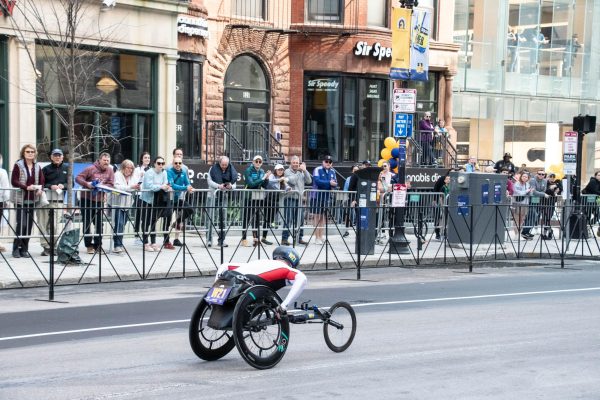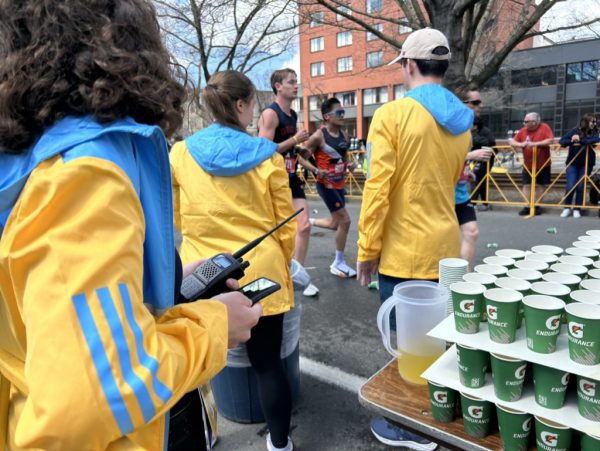Column: Doja Cat’s fight with fans reveals underlying tension in the music industry
Fans took to Twitter to express their disappointment in the musical artist Doja Cat. But the singer later revealed her own struggles with public pressure. This work features “Doja Cat 2020 Vogue Taiwan 02.png” by Condé Nast through Vogue Taiwan and is licensed under CC BY 3.0 .
April 15, 2022
After musical artist Doja Cat failed to perform her concert in Paraguay as scheduled due to flooding in the area, several fans took to Twitter to express their concerns, sparking a fight between the artist and fans who felt she had wronged them for not performing.
Doja Cat hesitated to apologize for the incident and later posted on Twitter: “everything is dead to me, music is dead, and i’m a [f******] fool for ever thinking i was made for this.” She announced plans to quit music, citing that she felt she was losing herself by writing music to please others. The online fallout between Doja Cat and her fans was the boiling point after the heightened pressure on the artist after her rapid rise to fame.
Doja Cat’s career first skyrocketed to success through TikTok in 2019 — so much so that Billboard referred to her as “the quintessential Gen Z pop star.” It all began with her entertaining and unique rhythmic hit, “Moo!” which perfectly fed into Gen Z’s erratic humor. Doja Cat offered a new sound that grabbed the attention of many young listeners. Her success continued to grow as several of her later songs went viral on TikTok and spread to other social media platforms. However, by seeking constant viral hits from Doja Cat, fans put an enormous amount of pressure on the pop star to make music that aligned with their interests and demands.
Since musicians usually rely on fan support to sell records, artists like Doja Cat often work to cater their work to fan desires. But this kind of pressure can also silo artists’ creative processes. Doja Cat admitted that external pressure has altered the way she views music and has pushed her to prioritize others’ expectations over her own choices.
The pressure that popular musicians feel to please fans can lead to serious mental health issues that usually go unaddressed in public. Demanding expectations can create toxic environments for celebrities and can lead to mental health struggles like depression, anxiety and self-harm. Prior to Doja Cat’s conflict with fans on Twitter, famous artists like Taylor Swift and Mitski revealed the details of their own internal struggles under the weight of the public eye.
In the 2020 documentary “Miss Americana,” Swift shared that she felt constant pressure to remain entertaining and exciting for fans, which bled into her personal life and stunted her sense of self. Ahead of the release of her album latest “Laurel Hell,” singer-songwriter Mitski told Rolling Stone that the pressure to please her fan base left her feeling disillusioned with music and fame, and she resolved to leave music behind, just like Doja Cat.
Like many other female artists, Doja Cat has struggled with body dysmorphia and explained that keeping up with the breakneck pace of her career has left her exhausted and unhappy. The influential singer has a lot on her plate: balancing her mental health with a packed schedule of performances, keeping up with her appearances and producing music.
Unfortunately, the brand of online pressure that Doja Cat has encountered isn’t likely to disappear soon. Today, fans are able to voice strong opinions from behind a screen. In fact, other artists like Charli XCX revealed that they have come to view creating music solely as content for social media. The expectation to be constantly active online and producing viral music creates an enormous amount of stress and alters what the act of producing music and the identity of being a musical artist means for modern stars.
A few days after the heated exchanges on Twitter, Doja Cat released a public apology and confirmed that she will continue making music. Despite the online fallout, the artist thanked her fans on Twitter: “I can travel, I can eat good food, I can see new people, I can smile, I can make memories that I dreamed of having, I can laugh, I can support my family and my friends, I can learn about the world, and I can give back to everyone because of you.”
However, in order for Doja Cat and artists like her to keep making music to the best of their abilities, they need creative freedom in their musical work and most importantly, mental well-being in their everyday lives.


